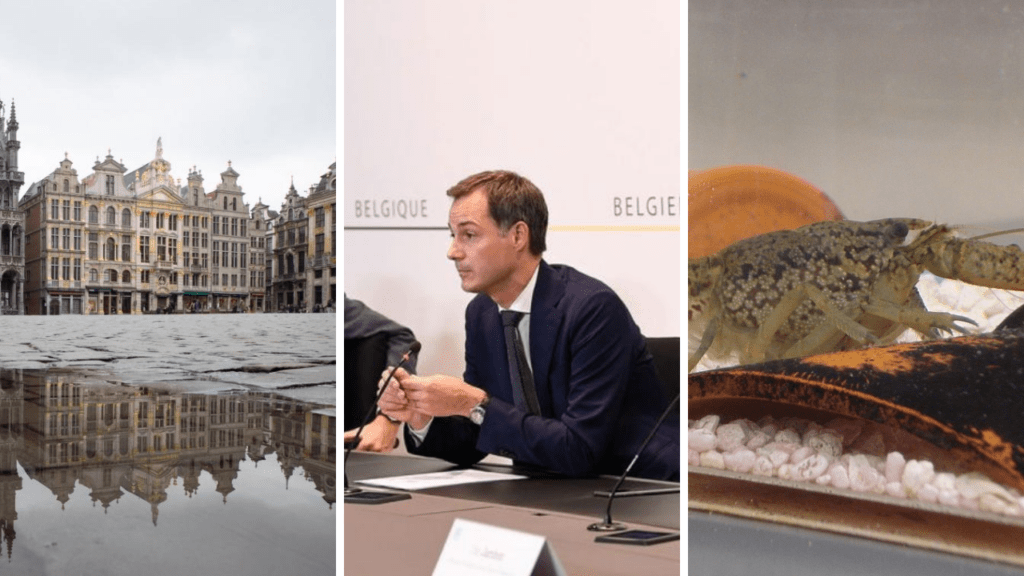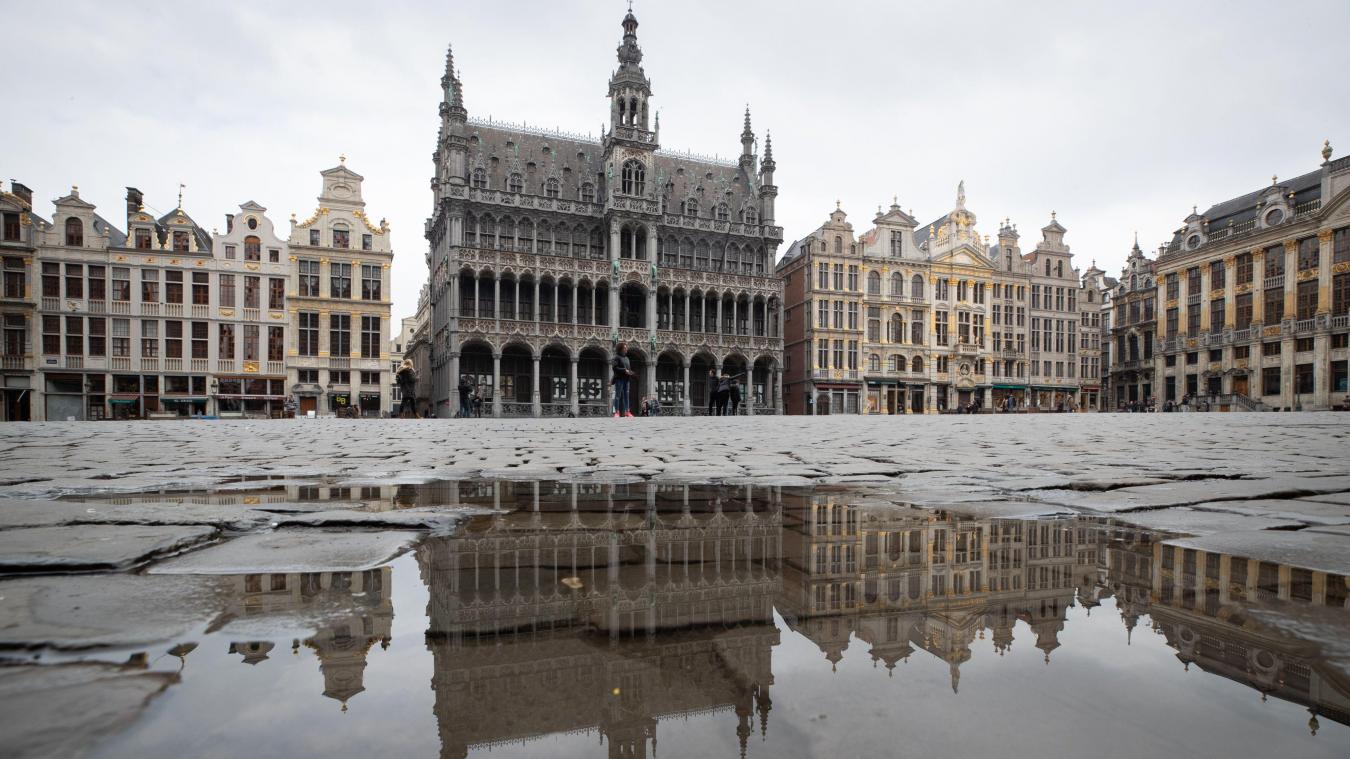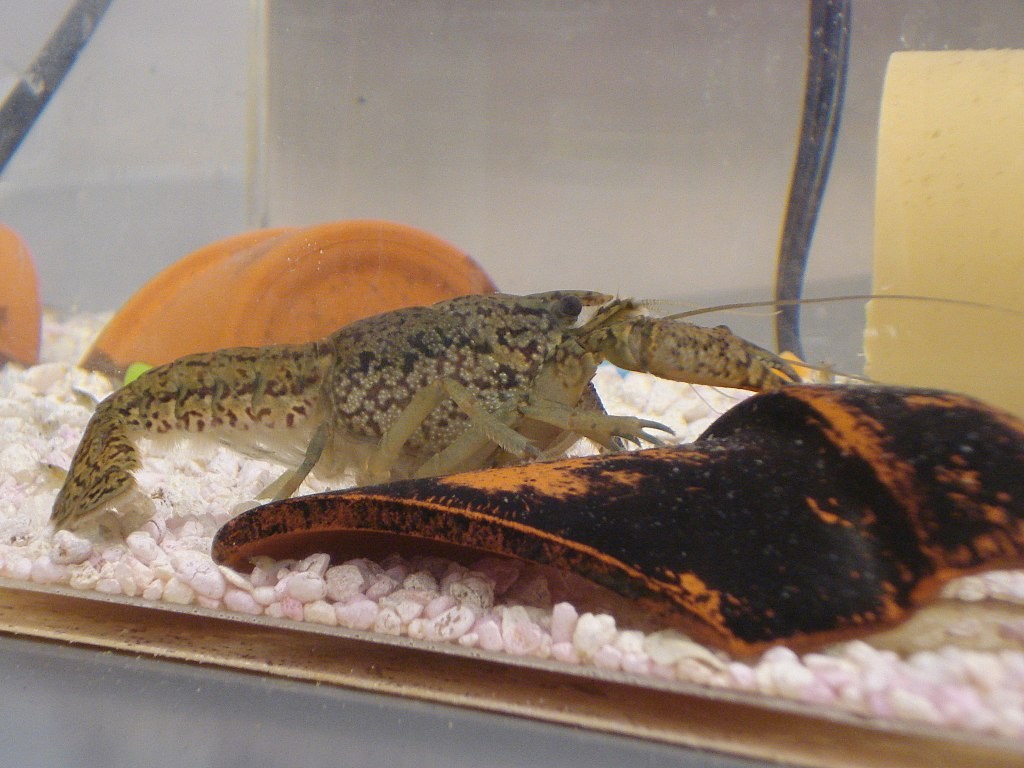Depending on where you look, there's a chance you might think that Belgium is already locked down, or at least "partially locked down" - a common phrase open to dubious interpretation.
Belgium did introduce strict new measures that took effect on Monday, measures that were made more strict today, but as experts continue to express their opinion on how the country should process, it's important to remember that - officially speaking - this isn't yet a lockdown.
Speaking previously to The Brussels Times, virologist Steven Van Gucht set out his take on the importance of phrasing. “In the end, [a lockdown] is a failure of the recommendation of restricting people’s contacts,” Van Gucht said. “If that system fails, a lockdown is the only thing left.”
This idea of a lockdown being a final step is echoed by virologist Marc Van Ranst, who tweeted on Thursday morning calling for “a short strict lockdown” of about four weeks to avoid “a much longer semi-lockdown period.”
Former Sciensano spokesperson Emmanuel André too called for a proper lockdown. “We must no longer ask ourselves what we should close. We must ask ourselves what to leave open,” he said. “Today, we have to talk about reconfinement. It is the only tool we have left.”
Ultimately, however, it comes down more to following the rules than concern over what they are, according to Prime Minister Alexander De Croo.
"No matter what you call it, these are very serious measures to ensure that the essentials, such as education, can still take place," De Croo said, warning not to underestimate the measures currently in force.
"Now, we need to have confidence in our people," he said.
So, as we enter into the weekend, let's recap the morning none of us expected to be quite so heavy.
Belgium in Brief is a free daily roundup of the top stories to get you through your lunch break conversations. To receive it straight to your inbox every day, sign up below:
1. Recap: Belgium’s newest measures
From today, there will be stricter measures for sports, culture, youth movements, amusement parks and higher education, which are all regional competences, not federal ones. Here's more info.
2. Brussels and Wallonia report most Covid-19 infections in Europe
The Brussels-Capital Region and Wallonia are currently reporting the highest number of Covid-19 infections per inhabitant in all of Europe, according to virologist Steven Van Gucht.
The infection figures are rising quickly in all of Belgium, but especially in the south of the country. “At the moment, Brussels and Wallonia are at the top of Europe,” Van Gucht told The Brussels Times. “There is no other region in Europe where so many infections are detected at the moment.” Read more.
3. GP who worked without a mask infects seven people
A general practitioner who treated patients in the commune of Kruisem in East Flanders without wearing a face mask infected seven people, test results revealed.
Initially, it was feared the man, a 68-year-old named as Leon G. who had tested positive a week before, may have infected as many as 100 patients before the case was discovered.
Earlier, the municipality had called in the medical expert for the Flemish Ardennes area when there was a sudden spike in cases. Read more.
4. Send in the clones: Self-cloning crayfish invade Antwerp cemetery
The Antwerp city cemetery Schoonselhof has been invaded by hundreds of marbled crayfish in pools and streams around the grounds, presenting a danger to local biodiversity, according to the Flemish Institute for Nature and Woodland Research (INBO).
The marbled crayfish (Procambarus virginalis) is a creature that does not exist in nature, but is thought to have been created experimentally by pet traders in Germany in the 1990s. Read more.
5. Tax authorities step up the fight against tax-dodgers
The Belgian tax authorities last year set a record for the number of bank accounts investigated, as part of an intensified search for people hiding their money in secret accounts to avoid paying tax.
Last year the authorities used their powers to look into 41,280 bank accounts – the highest number ever, and roughly twice as many as four years before. Read more.
6. Nine out of ten Belgian provinces reach highest alarm phase
Nine out of ten Belgian provinces are now in alarm phase 4 – the highest level of alert the country currently has – with Limburg following close behind, according to Prime Minister De Croo.
De Croo announced the figures alongside the further strengthening of measures to fight the coronavirus in the country, which will hit sports, culture, youth movements, amusement parks and higher education. Read more.
7. Air pollution costs EU citizens an average of €1,250 a year
The effects of air pollution are costing each person in Europe the sum of €1,250 a year, according to a study carried out by consultancy CE Delft for a group of NGOs.
The study looked at the costs of air pollution in 432 European cities from 30 countries – the 27 member states of the European Union, the United Kingdom, Norway and Switzerland. Read more.
Jules Johnston
The Brussels Times



